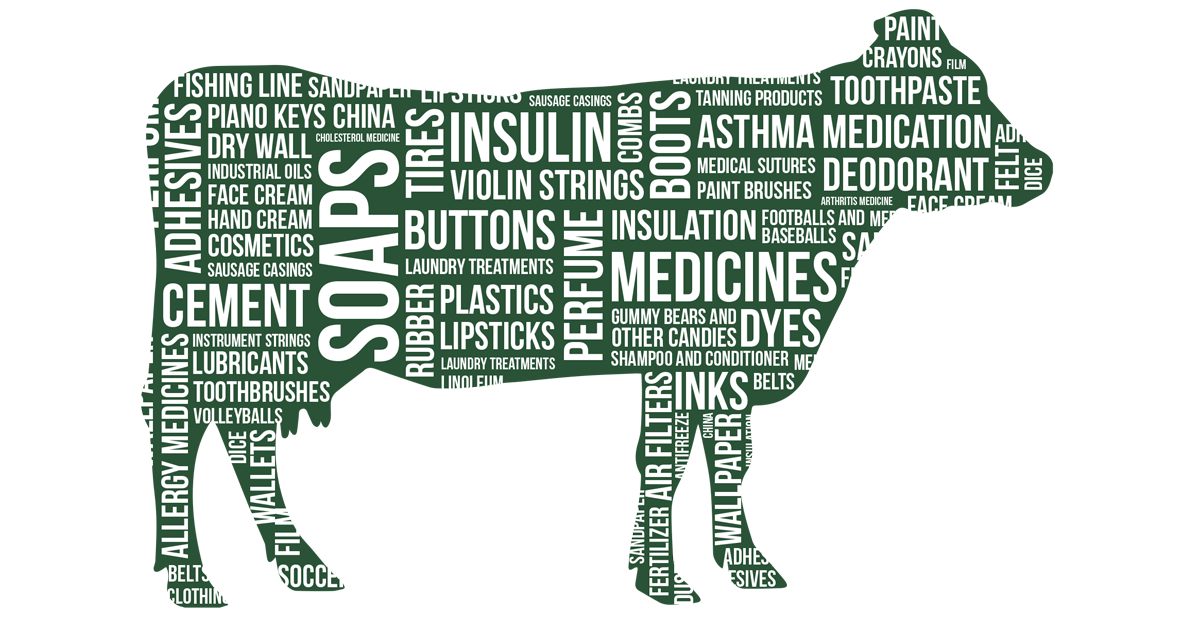
College students weigh in: Are we better off in a world without cows?
Michelle Michael and Brandon Whitworth hit the streets to find out how University of Kentucky students think cows impact our planet
In a world without cows, we would not have beef or milk. Or leather. Or many other items you may not think of right away when you think about cows.
Cattle are valuable not only for their primary food products but also for numerous byproducts that are derived from different parts of the animal. Cattle byproducts are used to make granola bars, mayonnaise, gelatin, coffee creamer, margarine, hot dogs, chicken nuggets, broth and chewing gum, to name a few.
But cows are much more than just food. Most people probably use at least one byproduct every day.

More than 100 drugs are created from cattle byproducts, including those used to treat:
Bones, hooves and horns are used to make:
Inedible fats are used in the production of:
Cattle hide (hair and skin) is used to make:
Internal organs and blood are used to create:
World Without Cows is a Planet of Plenty® production. Working Together for a Planet of Plenty was launched in 2019 by Dr. Mark Lyons, president and CEO of Alltech, a global animal nutrition company. Planet of Plenty is a call for collaboration across industries and geographies to create and embrace science-based solutions that help agriculture provide nutrition for all, revitalize rural communities and replenish the planet’s natural resources.

Michelle Michael and Brandon Whitworth hit the streets to find out how University of Kentucky students think cows impact our planet

Actually, they don’t. Methane is produced by the microbes that live in cows’ digestive systems.

New documentary filmed in 40 global locations over three years explores the impact of cattle on economies, ecosystems, cultures and human nutrition

Groundbreaking research alliance challenges conventional wisdom about cattle and climate change

Methane does a clever vanishing act to help, not hurt, the climate

Documentary examines the role of cattle in our world and the potential consequences of their removal
As climate change intensifies and the world’s population continues to grow, the pressure on our global food production system mounts. You can play an active role in shaping a more sustainable planet for future generations. Fill out the form below to learn more about how you can partner with us.